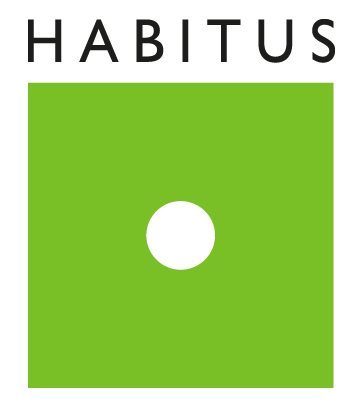Deze blog werd eerder gepubliceerd op Inpire2Live.org, in het kader van de conferentie ‘Breaking the Barriers for Patients’ (KNAW, Amsterdam, 21-23 januari 2015)
Reducing the Incidence of Cancer is not only desirable, but also an immense reality. Recently, the Dutch TNO research institute published a study *) stating that about 30% of cancers in the Netherlands, or some 30.000 cases a year, can be attributed to life style factors. Among them smoking stands out (19% of the cases), followed by sub-optimal food habits (10%), overweight (4%), alcohol consumption (3%) and physical inactivity (2%). In all of these areas, prevention has a huge role to play.
While the value of cutting smoking and alcohol is unquestioned, yet hampered by an industrial infrastructure that is not very willing to give in, the value of good food and food habits is much less an accepted fact. In our experience as patient advocates, we too often hear doubts as a response to questions to our doctors as how to influence cancer prevention and development through food. I consider it unacceptable and worrying that ‘lack of evidence’ is misused as an excuse not to take it serious. Behind the face of ‘lack of evidence’, two monsters are growing fat. One is called ignorance, the other evidence based.
Ignorance is the easy one to tackle. Most health practitioners simply don’t know enough about the impact of food on the human condition. For this, integrating food and nutrition in medical education and treatment protocols would be a first and easy step to do. That will eventually lead e.g. to better food offerings in hospitals and care centres, and an increased awareness of food as the fundamental building block upon which medication, surgery and other treatments become effective, and thus as an indispensable part of any medical protocol. If it is known that 80% of diabetes type 2 can be prevented and even reversed by different eating habits, why don’t we do it? Saving a lifetime burden of increased medication? And helping indirectly to reduce the incidence of cancer? The generic baseline knowledge is there, as the TNO study points out. The task is easily defined, the road to accomplish it covered with pitfalls, industrial interests of the agrofood system and ignorance, I am afraid. But at least we know what to do. So, let’s work on it.
The more difficult task is to go beyond sound baseline food habits and suit them to specific, individual food needs. Here’s our second major obstacle: the recurrent emphasis on evidence based interventions. While essentially a very important point of departure, in order to save us from false claims, counterproductive treatments and abuse, the focus on ‘evidence based’ has grown into a neurotic tendency that blocks innovation and overlooks even the most simple pieces of evidence. Let’s get conscious about the fact that on a daily basis hundreds of millions of food experiments are being conducted by citizens worldwide. A substantial part of that is done by motivated patients, that aim to sustain or improve their health. They explore all kinds of food diets, based on a range of diagnostic tools, health appraisal schemes, food theories and food sources, also those that do not belong to the standard medical or agricultural repertoire. A considerable part is successful where the health sector was not able; a considerable part also fails. The point I wish to make is that there is a lot of ‘experience based evidence’ out there that is not being tapped into. The fact that the successes are too anecdotical, or too complex to really pinpoint causality relations, cannot be used as an excuse not to take them seriously. Let’s invent how to extract the wisdom out of these patient’s experiments, acknowledge their efforts and help them to separate false from true. The medical sector will do itself an enormous favour, generating a lot of exciting knowledge and tools. At present, food is used as if it were a blunt butcher’s knife: a very generic tool to generate a generic state of health, based on generic parameters. And with a generic quality of food. In the era of personalised medicine this is not acceptable anymore. We need a much more fine grained knife, an elegant and swift tool. Not to enable a generic state of health, but an enhanced state. And above all: a resilient state, an enhanced capacity of the human (body) to adapt and to overcome imbalances and repair damage, in the face of physical, mental and social challenges **). As far as food is concerned, that is where we need to go to: personalised food as part of daily health maintenance habits and medical treatment protocols. Patients have been experimenting for decades. Now, it’s time for the medical and the agrofood sector to become seriously involved. The value of food is overwhelming.
*) Lanting, C.I. et al, 2014: Bijdrage van leefstijlfactoren aan kanker. Secundaire analyse van Nederlandse gegevens voor 2010 met een voorspelling voor 2020. Ned Tijdschr Geneesk 2014; 158:A8085
**) See Huber, M., et al, 2011:How should we define health? BMJ 2011;343:d4163




